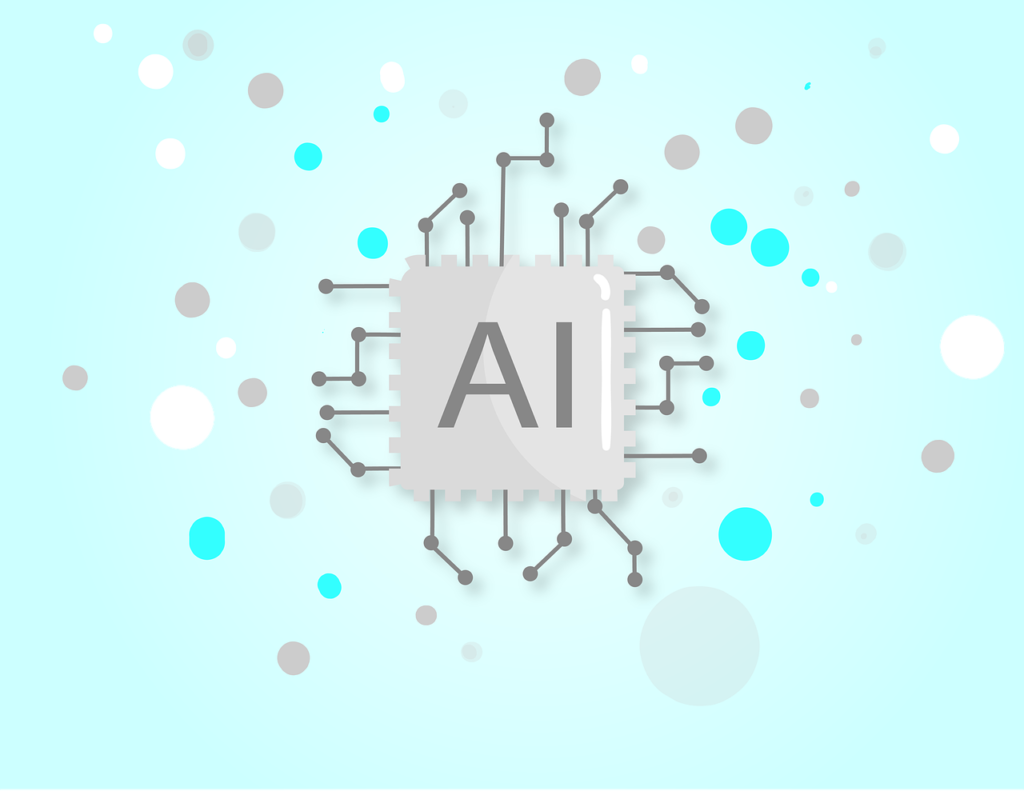Robert Oppenheimer’s reflections on the relationship between scientific advancement and socio-cultural or moral advancement
Artificial intelligence (AI) stands at the forefront of technological progress in our current era, which is marked by rapid and unprecedented advancements. This new revolution brings with it significant potential for societal benefits, as well as profound ethical and moral challenges. Drawing insights from Robert Oppenheimer’s reflections on the relationship between scientific advancement and socio-cultural or moral advancement, we can outline the critical responsibilities of the intellectual community in ensuring AI is developed and deployed ethically.
The Irreversibility of Technological Progress
Oppenheimer highlighted the irreversible nature of scientific knowledge and technological advancements. Just as the knowledge of how to make atomic bombs cannot be unlearned, the capabilities of AI, once developed, cannot simply be discarded. This cumulative and permanent aspect of AI technology necessitates a proactive and forward-thinking approach to its ethical management. The intellectual community, comprising scientists, ethicists, policymakers, and educators, must anticipate and address the potential consequences of AI to prevent misuse and ensure its benefits are equitably distributed.
The Need for Moral Progress
Oppenheimer observed that while scientific progress is cumulative and directional, moral progress is neither automatic nor guaranteed. This distinction is particularly relevant in the context of AI. Technological advancements in AI are advancing rapidly, but without deliberate and conscious efforts to foster ethical guidelines, these advancements could outpace our moral and legal frameworks. The intellectual community is responsible for ensuring that the deployment of AI technologies aligns with societal values and ethical principles, promoting human welfare and dignity.
Balancing Specialization with Broad Ethical Considerations
Oppenheimer pointed out that increasing specialization within the scientific community, while necessary for progress, can create communication barriers and a lack of holistic understanding. In AI research and development, this specialization can lead to ethical blind spots if researchers focus narrowly on technical achievements without considering broader societal impacts. The intellectual community must bridge these gaps by fostering interdisciplinary collaboration, ensuring that ethical considerations are integral to AI research and not an afterthought.
Ethical Guidelines and Frameworks
To manage the ethical implications of AI, the intellectual community must develop comprehensive guidelines and frameworks that address the diverse aspects of AI technology. This includes ensuring transparency, accountability, and fairness in AI systems, protecting user privacy, and preventing biases that can lead to discrimination. By establishing robust ethical standards, the intellectual community can guide AI development in a direction that maximizes benefits while minimizing harm.
Public Engagement and Education
Oppenheimer emphasized the importance of communication and education in integrating scientific knowledge into the broader culture. For AI to be used ethically, the public must be informed and engaged in discussions about its implications. The intellectual community should lead efforts to educate the public about AI technologies, their potential benefits, and associated risks. This involves not only informing but also listening to public concerns and incorporating them into the ethical frameworks governing AI.
Collaborative and Inclusive Approach
The ethical use of AI requires a collaborative approach that includes diverse perspectives. The intellectual community must work with stakeholders from various sectors, including government, industry, civil society, and marginalized groups, to ensure that AI technologies serve the common good. By promoting inclusivity and considering the needs and values of all segments of society, the intellectual community can help create AI systems that are fair, equitable, and just.
Conclusion
As we navigate the AI revolution, the intellectual community’s role in shaping the ethical landscape of technology is more critical than ever. By drawing on Oppenheimer’s insights, we recognize the need for a proactive, interdisciplinary, and inclusive approach to managing AI’s ethical implications. The intellectual community must lead the way in developing ethical guidelines, educating the public, and fostering collaboration to ensure that AI technologies contribute positively to society and uphold our shared moral and ethical values.

